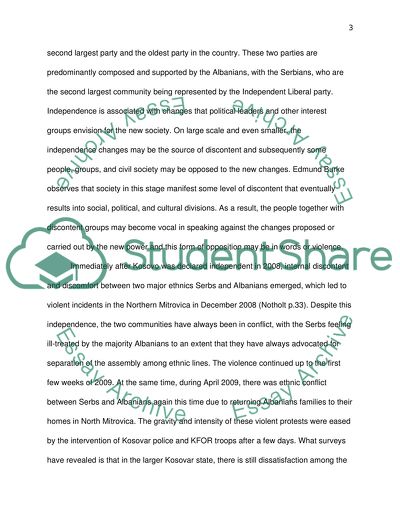Cite this document
(“Kosovo Independence Essay Example | Topics and Well Written Essays - 1250 words”, n.d.)
Retrieved from https://studentshare.org/history/1436817-kosovo-independence
Retrieved from https://studentshare.org/history/1436817-kosovo-independence
(Kosovo Independence Essay Example | Topics and Well Written Essays - 1250 Words)
https://studentshare.org/history/1436817-kosovo-independence.
https://studentshare.org/history/1436817-kosovo-independence.
“Kosovo Independence Essay Example | Topics and Well Written Essays - 1250 Words”, n.d. https://studentshare.org/history/1436817-kosovo-independence.


